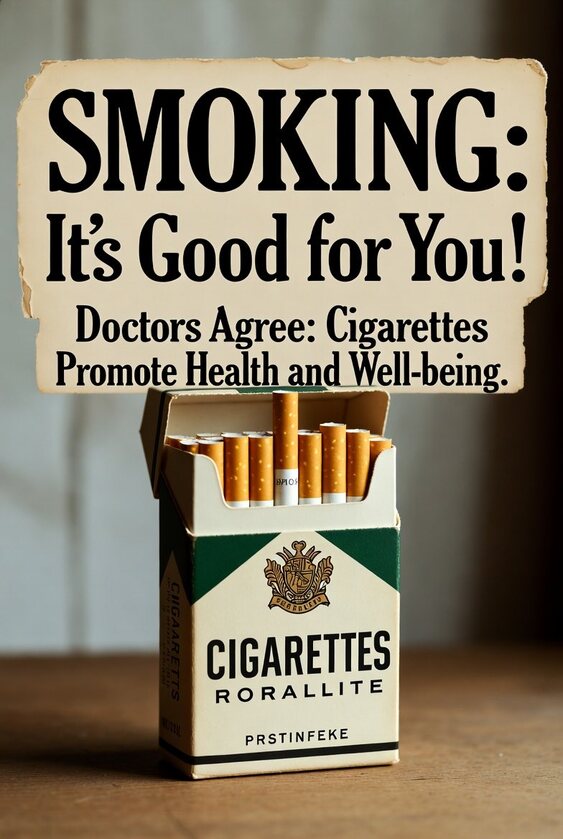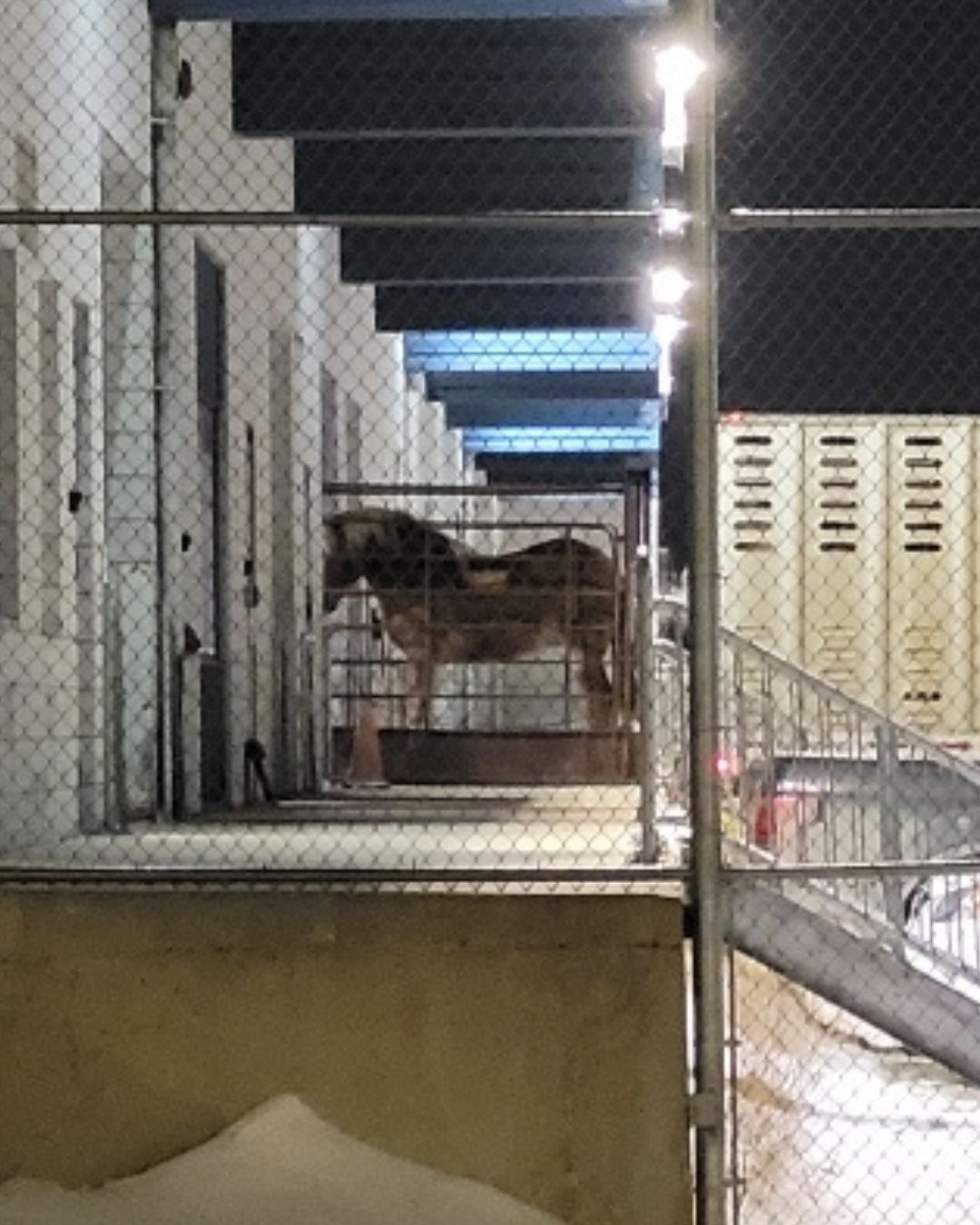Email today to buy or store your DASEIN System 6 can carton today.
[email protected]
Brazilian processor Marfrig Global Foods SA warned the US cattle herd will continue shrinking through the midpoint of the decade. Less supplies will pressure meatpackers and keep the prices of steak and hamburgers at elevated levels.
During a conference call, Tim Klein, the head of Marfrig's North American operation, explained the availability of fattened animals for meatpackers to slaughter and process should trough between 2025 and 2026. He said this is because ranchers have not yet started keeping cows for breeding.
As we've noted, years of drought and high feed costs forced ranchers across the Midwest to send the cows to slaughterhouses, leading to a sharp reduction in the nation's overall herd size. In January, the beef cow herd size was the smallest since 1962.
Also, US beef exports are forecasted to slide 14% this year from 2022 to 3 billion pounds, the lowest since the early days of the Covid pandemic when plant closures crushed meatpackers. The USDA warned US beef production is expected to decline further next year.
Last week, Pete Bonds, a Texas-based cattle producer, told Reuters, "The future of this industry is not here in the United States."
Basashi is the term for horse sashimi. The overwhelming majority of sashimi is fish.
ANOTHER SHIPMENT 💔🐴 At 4:05 AM, another export flight of horses left the Winnipeg airport & is now en route to Japan for slaughter. With the windchill, it was -30°C, yet horses were left in crates on the tarmac for hours. Canada must END this now! #CdnPoli
📷 @mbanimalsave
My battery is low and it's getting dark." These haunting words, sent from 225 million miles across the void, became the poignant farewell of NASA's Opportunity rover—affectionately known as Oppy—before it fell silent forever. Launched in 2003 and landing on Mars on January 25, 2004, Opportunity was designed for a modest 90-day (90-sol) mission to search for signs of ancient water. Instead, this plucky little solar-powered explorer defied every expectation, outlasting its warranty by a staggering factor of 55, roaming the Red Planet for nearly 15 Earth years (5,498 days / 5,352 sols). It traversed over 45 kilometers (28 miles), survived brutal dust storms, climbed crater rims, and delivered groundbreaking discoveries: definitive evidence of past liquid water, minerals formed in water, and hints that parts of ancient Mars could have supported microbial life.But in June 2018, a massive planet-encircling dust storm engulfed Mars, blocking sunlight for months and starving Oppy's solar ...

RFK Jr: Food is affecting everything that we do...if a foreign enemy or adversary did this to our country, poisoned us at mass scale, we'd consider it an act of war...
https://x.com/i/status/2023117209036312732
















